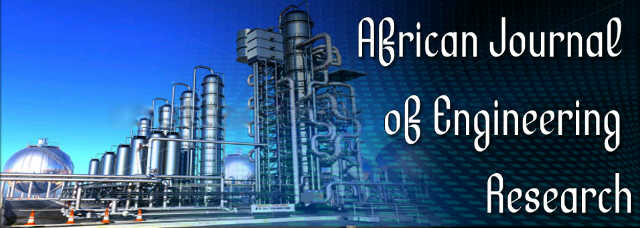Impacts of expected climate change on hydropower generation in Rwanda
Théoneste Uhorakeye and Bernd MöllerAfrican Journal of Engineering Research
Published: October 27 2017
Volume 5, Issue 3
Pages 83-96
DOI: https://doi.org/10.30918/AJER.53.17.021
Abstract
Climate change has significantly threatened power supply systems around the world, and will continue to do so especially in countries where the share of hydropower in the total electricity supply mix is high. This study assessed impacts of climate change on the future Rwanda’s hydropower generation and provided information necessary to make appropriate decisions that would reduce the vulnerability of the country’s power supply and enhance the viability of new investments. To account for all hydrologic processes occurring within the studied area, the Water Evaluation and Planning system model (WEAP) was used. Impacts on hydropower were assessed for two Representative Concentration Pathways (RCP): RCP4.5 and RCP8.5; with climate data from two climate models: HadGem2-ES and MIROC-ESM-CHEM. Compared to the designed production, changes in hydropower generation are projected to range between -13% and +8% for the 2020 to 2039 period, -22% and -9% for the 2040-2059 period, -24% to +3% for the 2060 to 2079 period and from -29% to +12% for the 2080 to 2099 period. Given these generation changes and the high dependence of Rwanda’s power supply on hydropower, it was concluded that climate change will compromise the country’s ability to meet the national power demand unless earlier measures are taken.
Keywords: Climate change, climate models, hydrologic model, hydropower, RCP.
Full Text PDF
